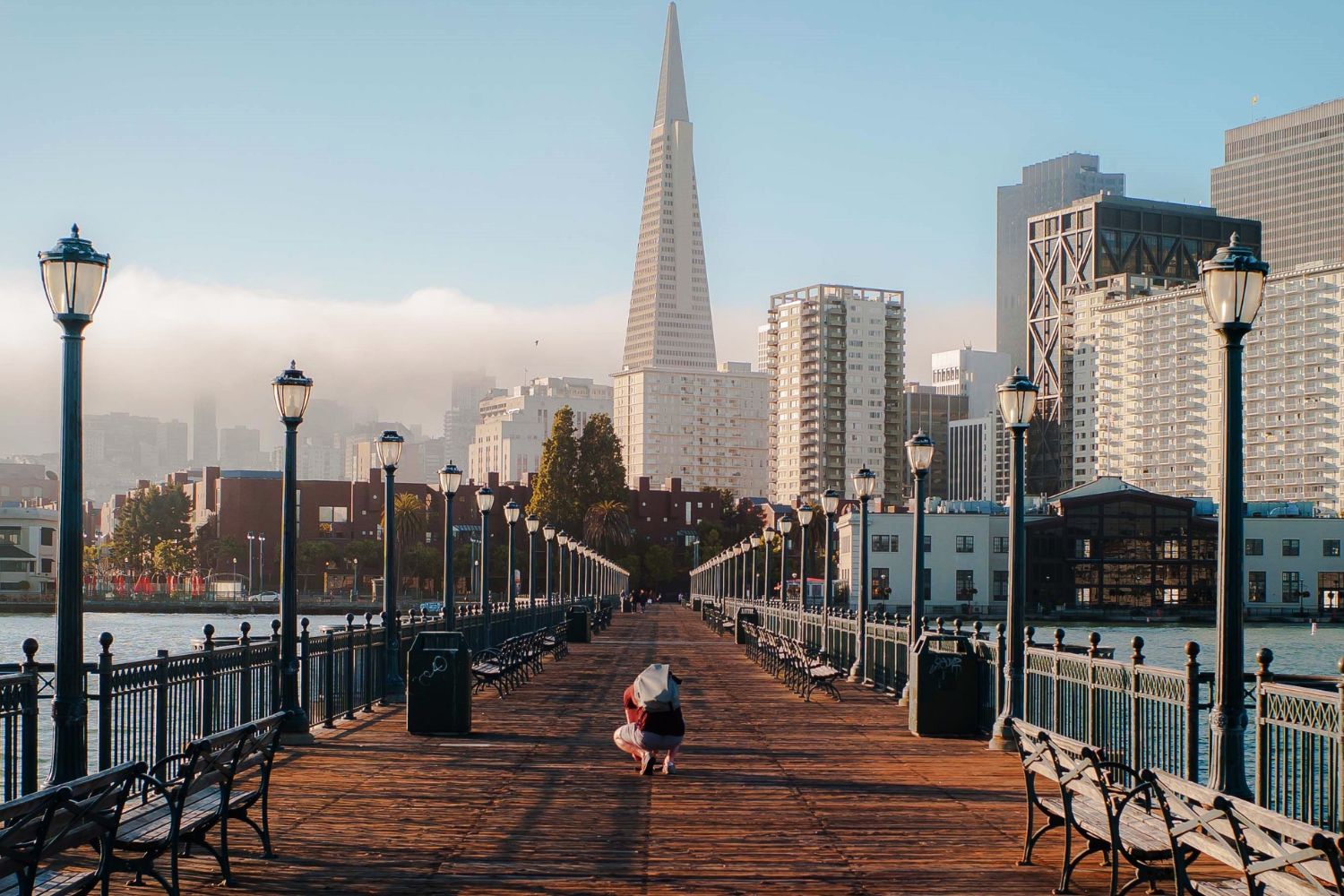How To Speak Like A Local In San Francisco: Bay Area Slang

Thinking about visiting San Francisco? Knowing some Bay Area slang can help you fit right in. Locals have a unique way of speaking that reflects the city's diverse culture. From "hella" to "janky," these words add flavor to everyday conversations. Imagine impressing new friends by using the right terms at the right time. Whether you're grabbing a burrito in the Mission District or catching a game at Oracle Park, speaking like a local can make your experience more authentic. Ready to learn some key phrases? Let's dive into the world of San Francisco slang and get you talking like a true Bay Area native.
Why Learn Bay Area Slang?
Learning Bay Area slang can make your visit to San Francisco more enjoyable. Locals appreciate when visitors understand their unique expressions. Plus, it helps you blend in and feel like part of the community.
Common Bay Area Slang Words
Here are some popular slang terms you might hear around San Francisco. Knowing these will help you navigate conversations with ease.
Hella
This word means "very" or "a lot." For example, "That concert was hella fun!"Yadadamean
A way of saying "You know what I mean?" often used to check if someone understands.The City
Refers to San Francisco itself. Locals rarely call it "San Fran" or "Frisco."Hyphy
Describes a hyperactive or energetic state, often related to music and dancing.Slaps
Used to describe a great song. "That new track slaps!"
Slang for Food and Drink
San Francisco has a rich food culture. Knowing the local slang can enhance your dining experience.
Burrito Baby
A term for a large burrito, often from one of the city's famous taquerias.The Mission
Refers to the Mission District, known for its amazing Mexican food.Craft Brew
San Franciscans love their craft beer. This term refers to locally brewed beers.Sourdough
A nod to the city's famous sourdough bread. "Let's grab some sourdough for lunch."
Navigating the City with Slang
Getting around San Francisco is easier when you know the local lingo. Here are some terms to help you out.
Muni
The city's public transportation system, including buses and streetcars.The BART
Bay Area Rapid Transit, the regional train system connecting San Francisco to surrounding areas.The Bridge
Usually refers to the Golden Gate Bridge, a key landmark.The Wharf
Short for Fisherman's Wharf, a popular tourist spot.
Social Slang
Engage with locals more naturally by using these social slang terms.
Fam
Short for family, but used to refer to close friends.Lit
Describes something exciting or fun. "That party was lit!"Baydestrian
A term for someone who walks a lot in the Bay Area.Chill
Means to relax or hang out. "Let's chill at the park."
Slang for Tech and Startups
San Francisco is a tech hub. Knowing some tech-related slang can be useful, especially if you're visiting for business.
Unicorn
A startup valued at over $1 billion.VC
Short for venture capitalist, someone who invests in startups.Pivot
When a startup changes its business model or strategy.Bootstrapping
Starting a business with minimal financial resources.
Conclusion
Learning Bay Area slang can make your trip to San Francisco more enjoyable and help you connect with locals. Whether you're navigating the city, enjoying its food, or engaging in social activities, these terms will come in handy.
Mastering Bay Area Slang
Learning Bay Area slang can make your San Francisco experience more authentic. Using phrases like "hella" or "yadadamean" helps you blend in with locals. It’s not just about words; it’s about understanding the culture and vibe of the city.
Practice with friends or locals to get the hang of it. Don’t be afraid to make mistakes; locals appreciate the effort. Pay attention to how people use these terms in different contexts.
Remember, slang evolves, so keep an ear out for new phrases. Enjoy the process and have fun with it. Speaking like a local can open doors to new friendships and experiences.
So next time you’re in the Bay Area, throw in some local slang and watch how it transforms your interactions. You’ll feel more connected to the city and its people.

